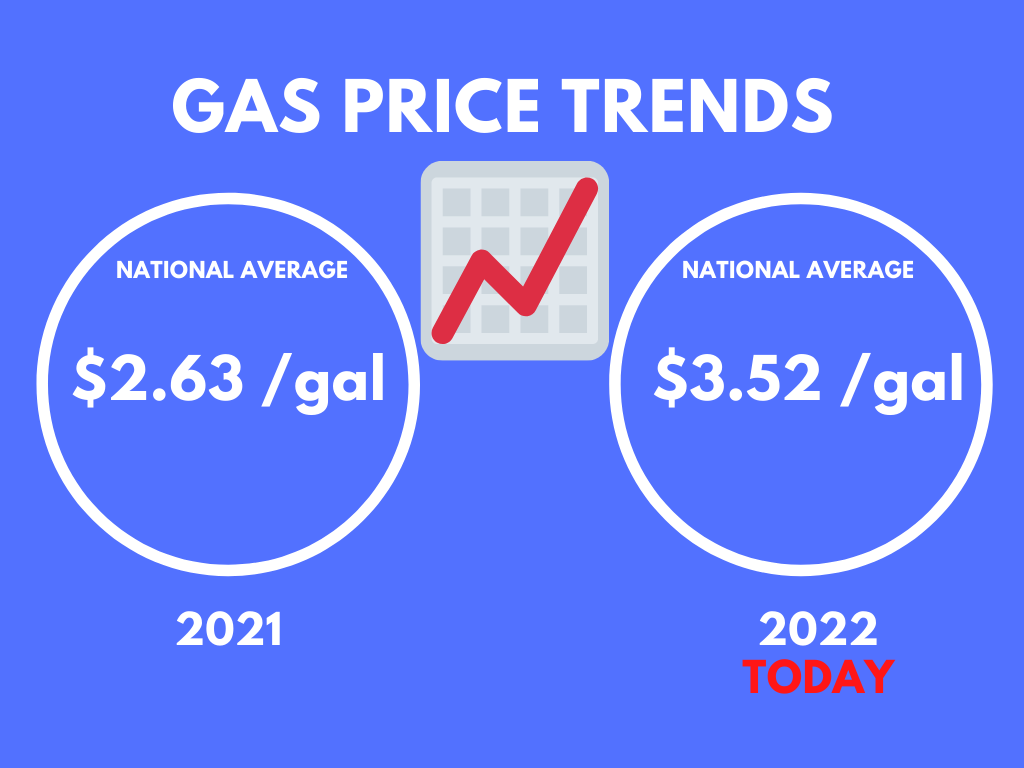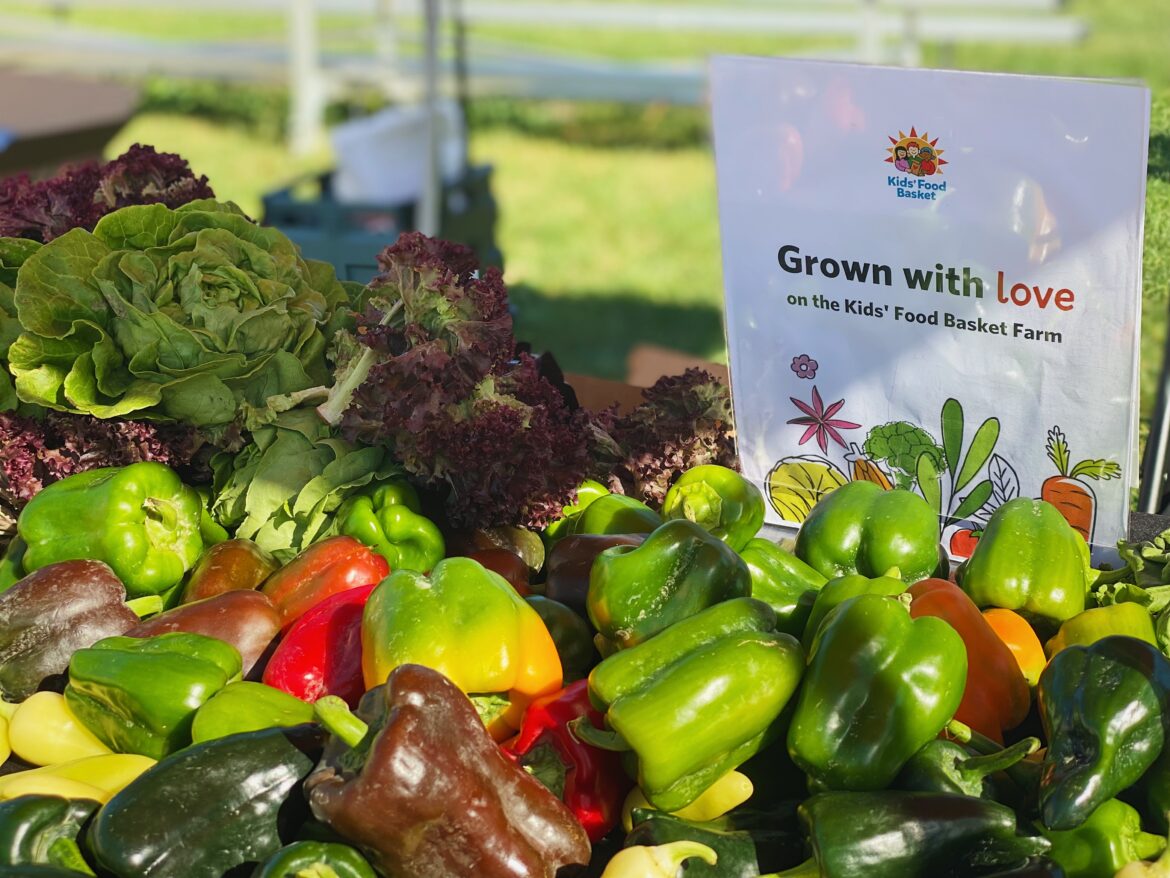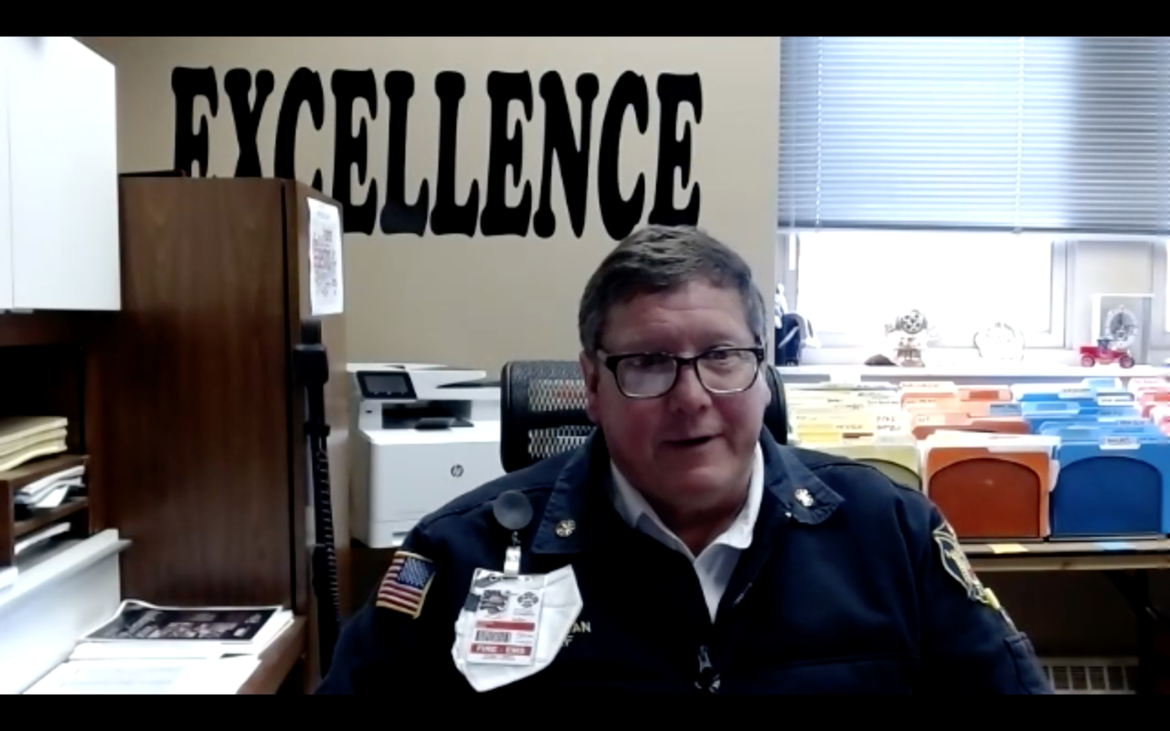candidates
Michigan GOP hopefuls, surrogates weigh in on petition to rewrite voting laws
|
The upcoming election year may look different if Michigan Republicans are successful in their petition to rewrite voting laws, and in theory, they could do it with only 8% of previous voters’ signatures, according to the Michigan constitution. The Secure MI Vote initiative would prohibit private election funding, strengthen in-person ID rules, create a new $3 million “voter access fund,” require ID info for absentee ballot applications and bar unsolicited absentee ballot applications to voters. An infographic simplifying information about the law.
Republican reactions
Opponents of the bill claim this will make voting that much more difficult, even dismaying voters.
Republicans, however, feel differently about their petition. Many wish to not make this petition a partisan effort and would rather come together from both sides, said Mark Uminn, a GOP candidate for precinct delegate of Oshtemo Charter Township.
Said Uminn, “We think that there’s been a lot of division over the past couple of years, and that we need to come together -Not on ‘we want Republicans’ or ‘we want Democrats’- but rather we want fair elections. And we want our voters, our constituents, to be confident about the results of those elections.”
“I’m very hopeful about the result of this petition,” said Uminn, “and I think that we see that with every single signature that gets added to this petition, and we are very hyped up about this and we’re ready to go.





